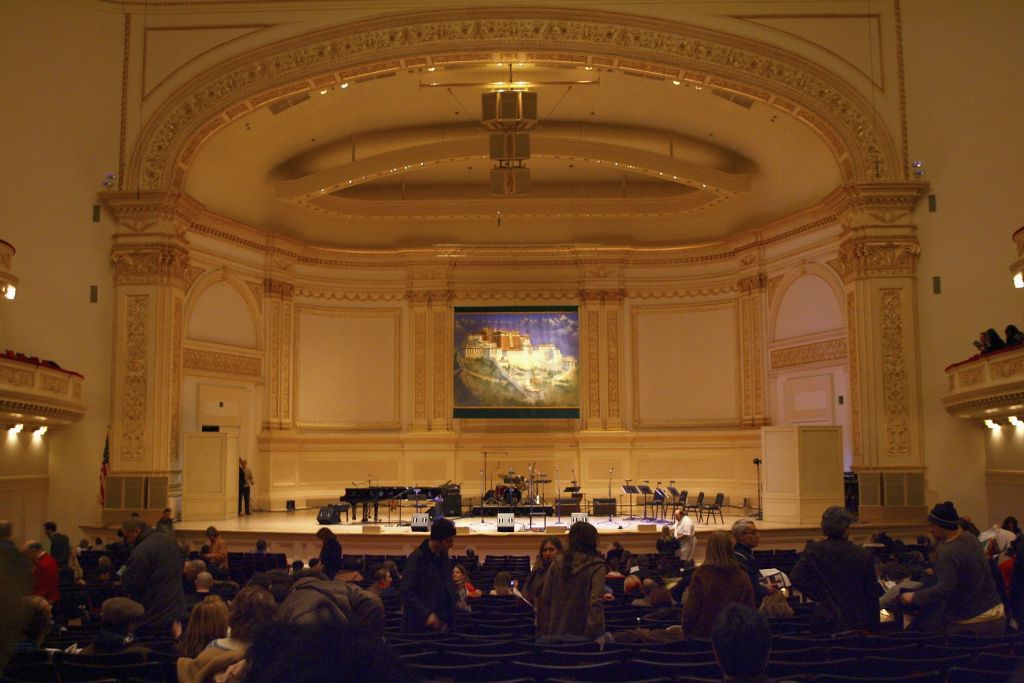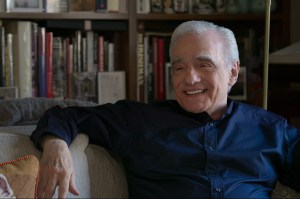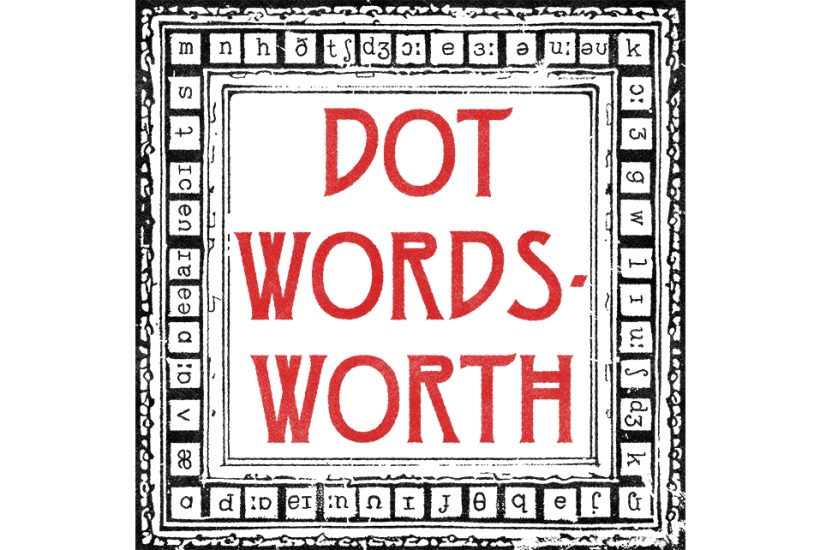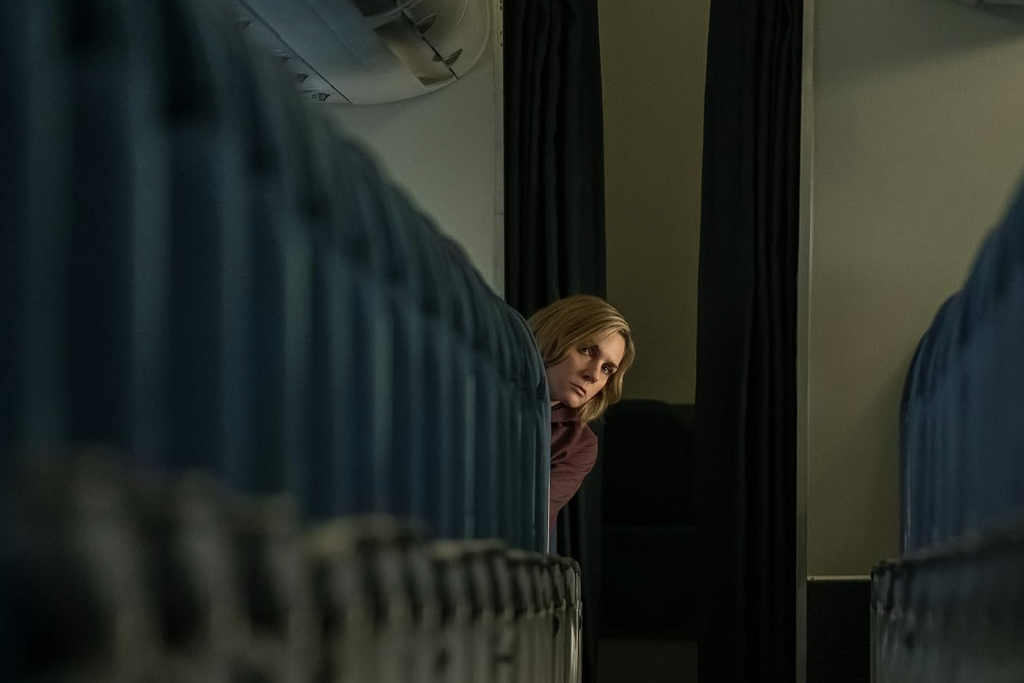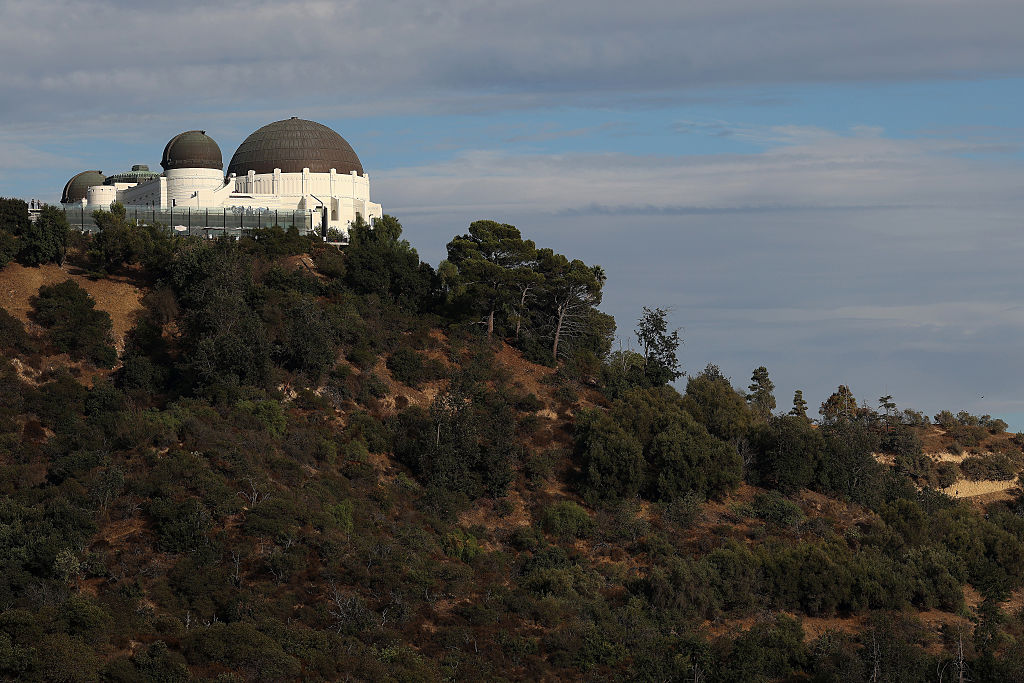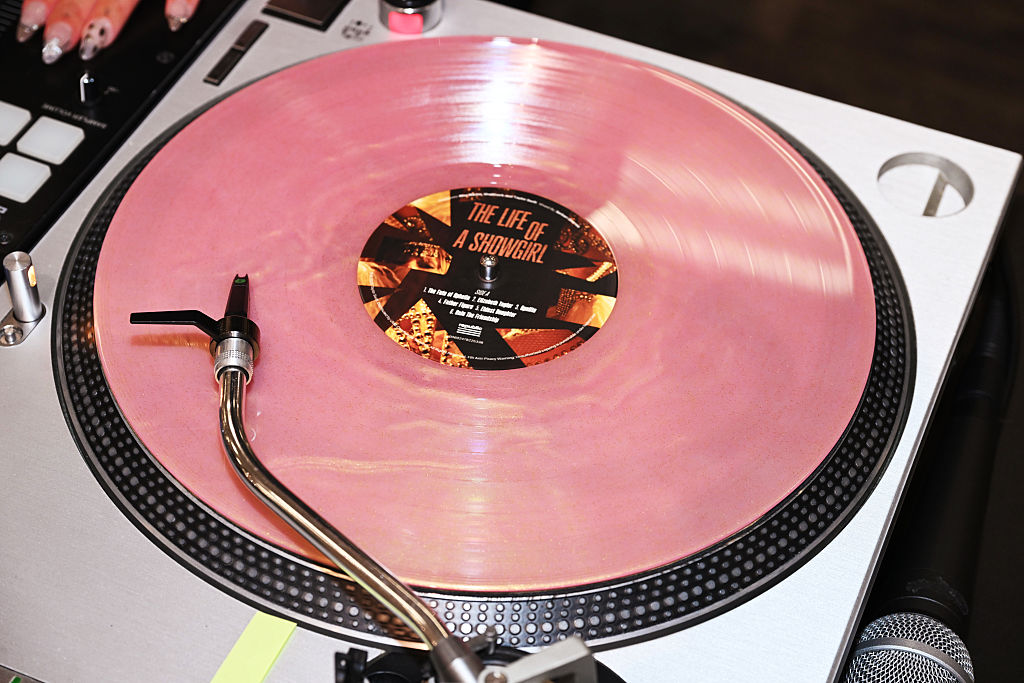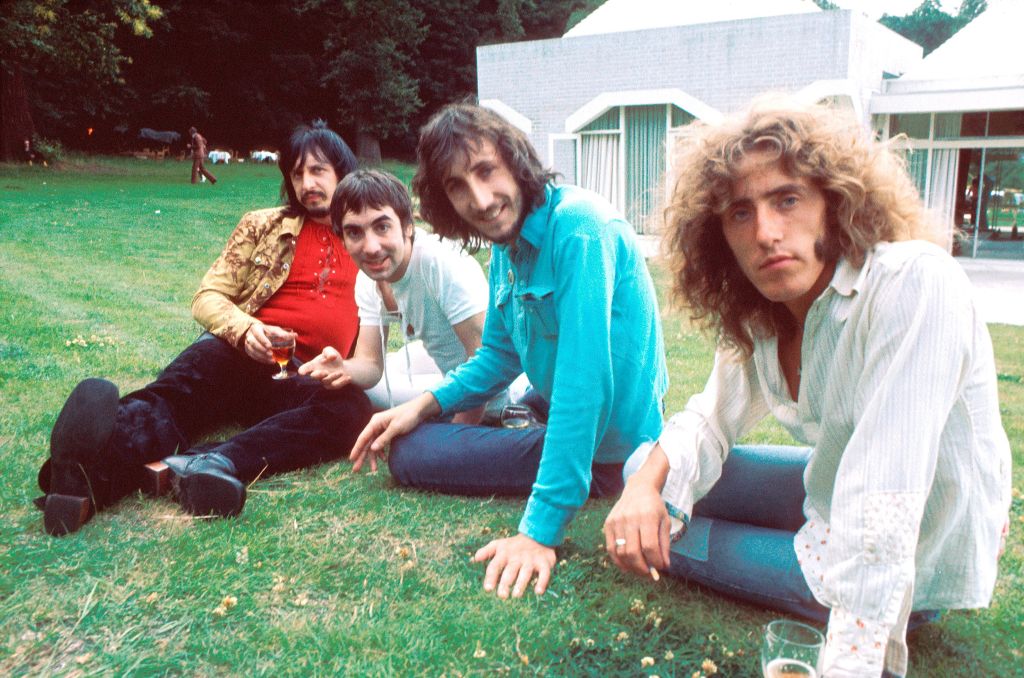“A cable channel… but for classical music! It could be called ‘The Carnegie Hall Channel.’”
I was on a beam reach to Eatons Neck about a quarter-century ago when a young man named Lawrence Perelman made this blustery pronouncement. We were Bill Buckley’s guests for an overnight sail across Long Island Sound. My first thought was: good luck with that. My second thought was no one wants to watch classical music on television. PBS’s Great Performances? More like lesser performances. With pixels the size of Cheez-Its and tin-can soundtracks, the experience was nothing like the real thing.
But Perelman, an impresario who became an advisor to classical artists and institutions, as well as a friend, kept waving his baton long after we returned to Stamford. Cable became apps and Apple TV. After 130 years, Carnegie Hall, Andrew Carnegie’s pitch-perfect concert house on Fifty-seventh Street and Seventh Avenue, decided it could use a virtual stage.
Carnegie Hall+, announced in early January, is touted as the “first premium subscription on-demand channel of its kind established by an American performing arts institution.” Co-founded by Carnegie Hall’s Clive Gillinson, it’s a subscription service from Apple TV.
“This is my life’s work,” Perelman called me up to say. “I came to Clive in 2007 and found a kindred spirit. We never stopped talking about it. And for this to happen now is amazing.”
“Would I be getting a free subscription?” I inquired. I would not. But there’s a free one-week trial for the $7.99-a-month service. I signed up.
“The reality of the pandemic led to something like this,” Perelman explained. “We are spending more time with screens than ever before. So we need better virtual experiences. Sports have been doing it forever. For the arts it’s even more important. Now they have finally caught up. This is the world’s stage at home.”
The channel comes out of a partnership between Carnegie and Unitel, a production company founded in Munich some fifty years ago by Leo Kirch and Herbert von Karajan. To make this work, Perelman had to bring Carnegie Hall and Unitel together — since Carnegie Hall has few videos of its own. That may change, but American venues in general have been slow to create high-definition classical recordings. “Live in HD,” the Metropolitan Opera’s satellite broadcasts, only began in 2006, with an app following in 2012. Meanwhile, in Europe, Unitel had been recording performances in thirty-five-millimeter film since its inception. These archival recordings, now transferred to digital HD, are some of the surprise highlights on Carnegie Hall+.
Take Rossini’s William Tell Overture, with the Berlin Philharmonic conducted by von Karajan in 1974. Or Leonard Bernstein conducting the London Symphony Orchestra, with the soprano Sheila Armstrong and mezzo-soprano Janet Baker, in Mahler’s Symphony No. 2, “Resurrection,” in 1972. These stunning recordings are true resurrections — goose-bump inducing — as Bernstein and von Karajan take up the baton in films that are as good as anything recorded today.
The lineup has been selected by Carnegie’s artistic staff. There’s Arthur Rubinstein, Mstislav Rostropovich, a young André Previn and an even younger Maurizio Pollini — all in remarkable fidelity. A von Karajan concert performance from 1966 of Verdi’s Requiem at La Scala, featuring Leontyne Price and a baby-faced Luciano Pavarotti, is also worth the price of admission.
Many of the newer productions here come out of Berlin, Vienna and the Salzburg Festival, which Perelman advises and where Unitel has developed a deep bench of recordings, not only of concerts but also of opera productions and ballet.
Certainly there are some stinkers in the mix. For the kids there’s a steampunk version of Humperdinck’s Hansel and Gretel. There’s also Mozart’s Magic Flute as performed in tracksuits on what looks like a fire-engulfed Skull Island — the lake stage of the Bregenz Festival. The Germanic peoples have never been known for their lighthearted children’s programming.
But back to Mahler, and Bernstein, who until now seemed confined to a Trinitron purgatory of Betamax television recordings. “Was du geschlagen/ zu Gott wird es dich tragen!” the Edinburgh Festival Chorus sings out from Ely Cathedral in Mahler’s fifth and final movement. You can just about feel the sweat flying off Bernstein’s enraptured face. And there, performing in the cello section, facing Bernstein, is none other than a young Clive Gillinson answering his call. “What you have beaten, to God it will raise you.” Amen.
This article was originally published in The Spectator’s March 2022 World edition.



